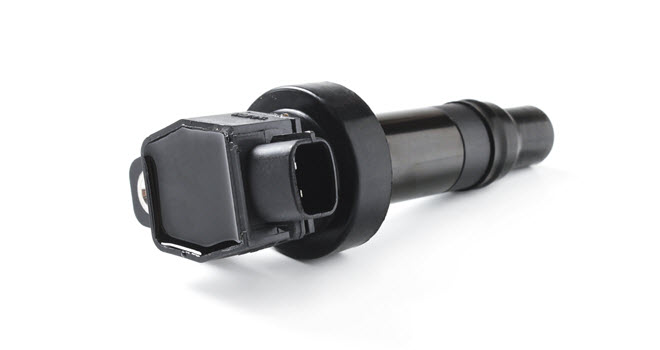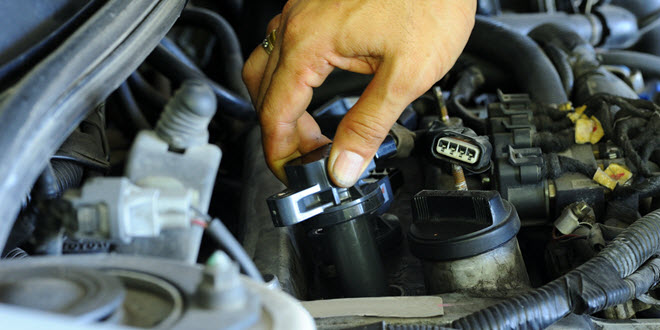Reasons Behind Ignition Coil Failure in BMWs
Posted on: February 11, 2019
To ensure that your BMW is running in top condition, it is best to provide ongoing and routine maintenance with a trusted mechanic and/or vehicle specialist. This increases the chances that any issues are caught before they become a pricey repair and will give you a reliable source when you have specific vehicle questions.
When trusting a BMW as your main source of transportation, it is important to be able to recognize common issues that your vehicle is likely to experience. One of them happens to be an Ignition Coil Failure. Knowing not only what to look for when the ignition coil is failing or has failed but also being aware of common reasons ignition coils fail can make a big difference in the longevity of your BMW.
What is the Ignition Coil and What Does it Do?
The ignition coil is a device that powers your BMW’s spark plugs. In older vehicles, this was done via a distributor, but as technology has advanced distributors have, for the most part, become obsolete. The ignition coil or coil pack, as it is sometimes referred to, is essentially a tiny transformer that takes in 12 volts of electricity and steps it up to thousands of volts in order to supply the spark plug with the energy it needs to produce an efficient spark to keep your engine running at optimum levels. It is much more reliable than its predecessor, the distributor, and that is the main reason it is the most commonly used now.
Signs and Symptoms of Ignition Coil Failure
There are a number of ways to recognize whether or not your ignition coil may be failing, but many of the signifiers for an ignition coil failure can be triggered by a number of other issues as well. If you experience one or more of the issues discussed below, it is best to consult a mechanic and/or specialist to get a proper vehicle diagnosis of the issue.
Commonly, ignition coil failure is associated with engine performance issues. These issues could include but are not limited to: engine misfiring, rough idling, and loss of power. Ignition coil failure will also usually trigger the check engine light on the gauge cluster inside the vehicle. If you ever experience the illumination of the check engine light, it is best to stop by a mechanic to get an engine scan as soon as possible. These engine scans will tell you where the problem originates so you can know what steps to take next. Some possible, but less common signs of ignition coil failure include lower fuel economy, backfiring, difficulty starting the vehicle, or even an engine that won’t start at all.
Reasons for Ignition Coil Failure
Since the ignition coil is directly associated with your vehicle’s spark plugs, it is important to be sure that your spark plugs are not faulty as well. If the spark plugs are worn out and are not functioning properly it can cause extra stress on the ignition coil, leading it to failure. Stating reasons why the ignition coils fail in BMW’s is difficult because there are no moving, mechanical parts. Generally it is primarily due to other aspects, such as the engine overheating or malfunctioning that lead to an extra stressor on the ignition coil causing a failure. The easiest and safest things to do is to always have the spark plugs checked and if you experience any of the symptoms listed above, inquire with your trusted mechanic. Continuing the habit of routine maintenance and repair will ensure that your BMW stays in top running condition and will avoid premature ignition coil failure.

Trust the Professionals
If you suspect that the ignition coils in your BMW are on their way to failure, it is better to be safe than sorry so you are able to avoid further engine damage. Consult a specialist if you are not sure whether the issues are related to your ignition coil or if there is another reason your BMW isn’t running smoothly. If you live in or around the Seattle or Bellevue, Washington areas, consider contacting Landmark Motors regarding any and all questions or concerns you may have about the ignition coil of your BMW.



